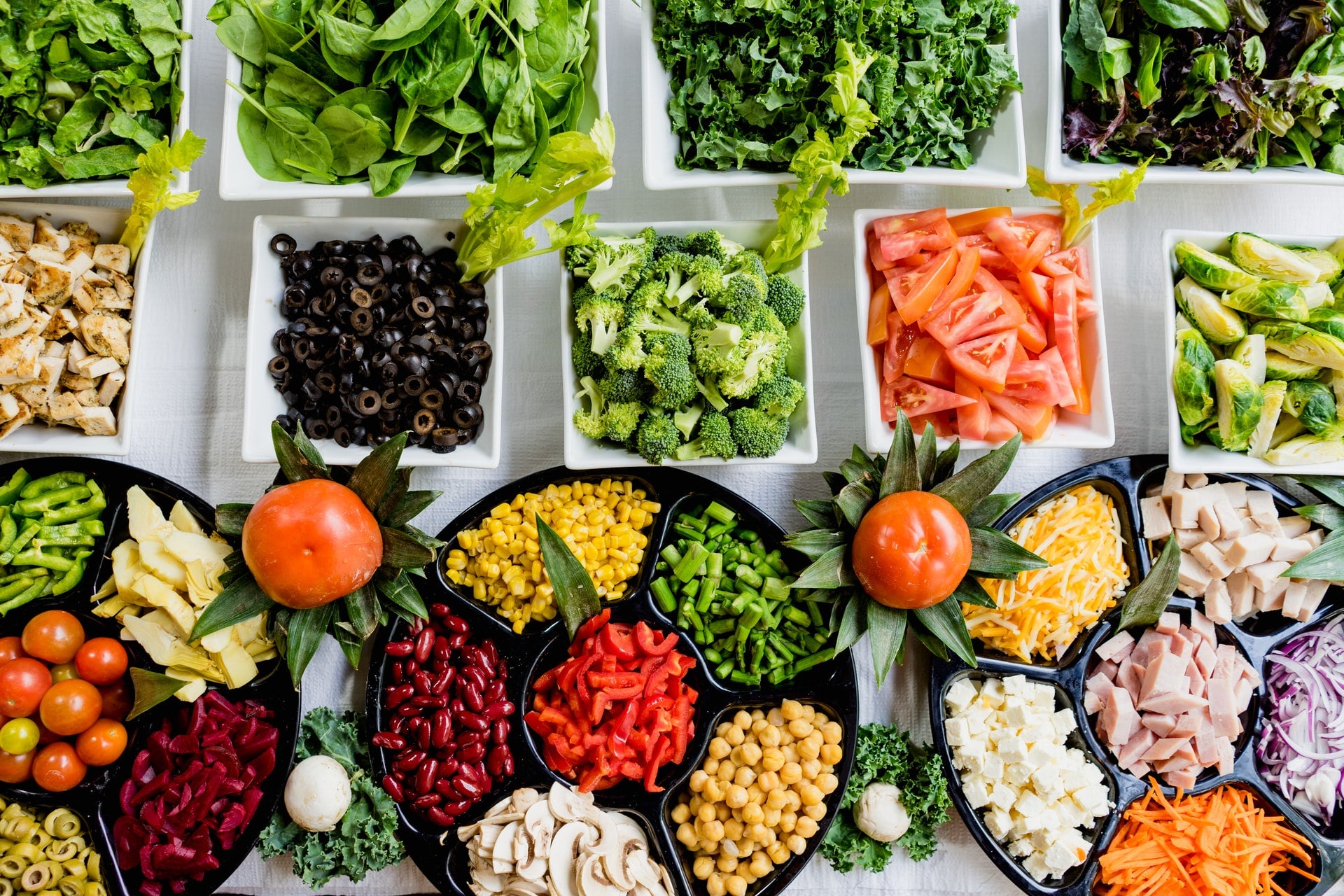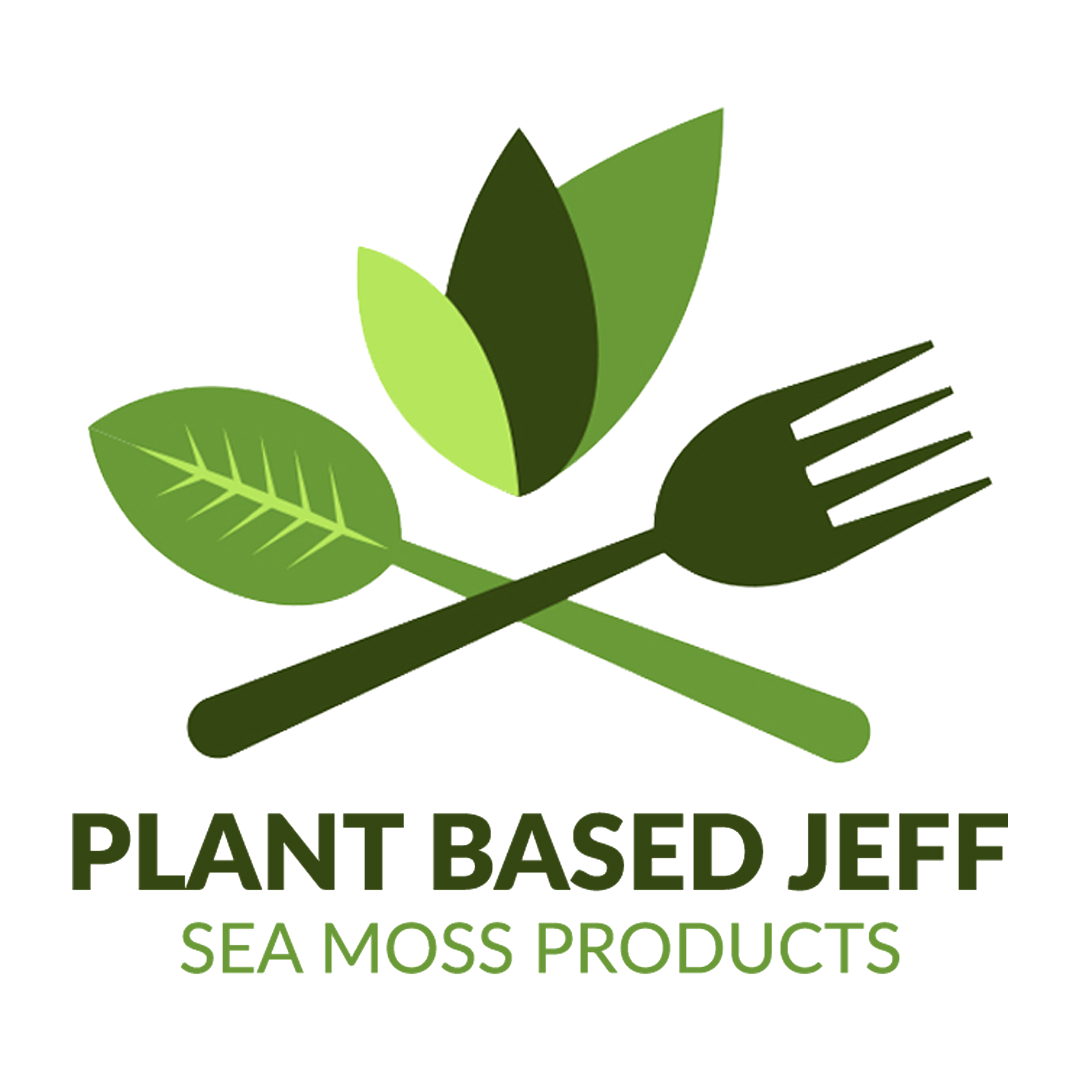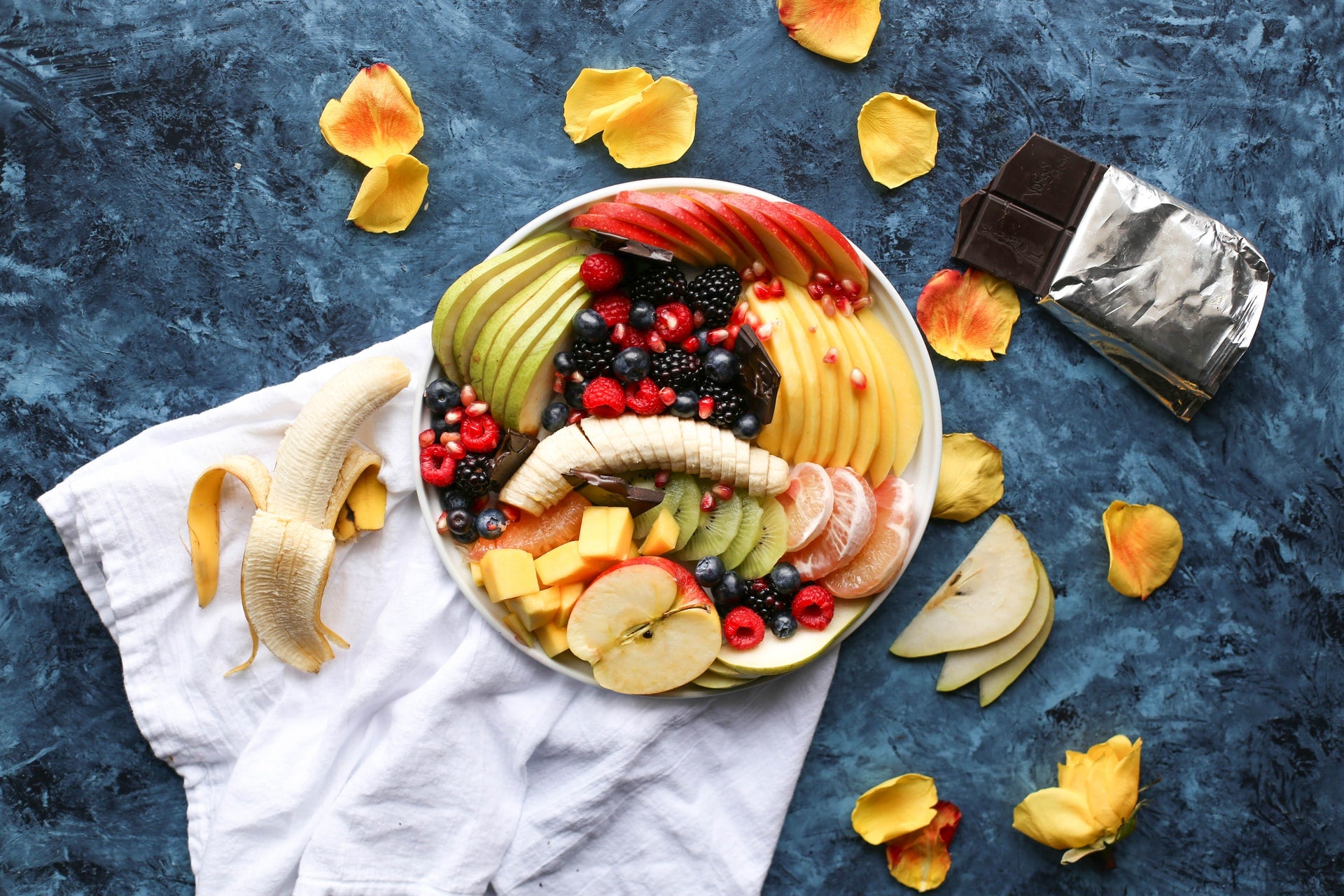
Everything You Need to Know about Plant-Based Diets
Everyone wants to be healthy, which is why it isn't surprising that most new year's resolutions have to do with frequent exercise and better eating habits.
If you're planning to make some changes to your diet this new year, you may want to try out a plant-based diet instead of opting for your usual calorie deficit meals. You'll find that you can stand to benefit from doing so.
What Is a Plant-Based Diet?
A plant-based diet emphasizes fruits, vegetables, and whole grains while eliminating or significantly reducing animal-based food, such as meat, eggs, and dairy products.
Trying out a plant-based diet means that you'll consume food that is high in fiber, vitamins, minerals, antioxidants, and anti-inflammatory agents. These nutrients are all very beneficial to your health and those you love.
What Are the Benefits of a Plant-Based Diet?
One of the best things about plant-based diets is that they positively impact people and the environment.
Here are three of the many benefits you can reap by starting a plant-based diet.
1. Improved Physical Health
Most plant-based diets are rich in vitamins, minerals, antioxidants, and anti-inflammatory agents that improve your overall physical health.
By eating more fruits, vegetables, whole grains, legumes (beans and lentils), nuts, and seeds, you can reduce your risk for obesity, heart disease, diabetes, and certain types of cancer.
2. Lower Carbon Footprint
A plant-based diet is an excellent choice if you want to reduce your carbon footprint. After all, plants produce fewer greenhouse gas emissions during the production process.
Because plant-based food is grown widely with much lower energy inputs, it doesn’t irreversibly destroy habitats, which is one of the reasons why plant-based diets have been a popular choice for environmentalists.
3. A Cleaner Gut
Plants play an integral role in maintaining a healthy digestive system. A plant-based diet is excellent for people who suffer from digestive ailments, including constipation and diarrhea, because it provides an adequate amount of fiber.
In addition, plant-based food is highly alkaline as opposed to animal-based food that is generally acidic, which can also contribute to improved digestive function.
What Does a Plant-Based Diet Look Like?
Plant-based diets are highly customizable to fit different palates. Now, you don't need to remove meat and dairy products from the get-go. Plant-based diets for beginners may still include dairy and eggs until you're ready to omit them from your meals completely.
Here is an example of a one-day plant-based diet that you can adopt for your day:
- Breakfast: Purple sea moss smoothie (you can search up how to make sea moss gel or purchase a jar)
- Lunch: Cauliflower rice bowl with sweet potatoes, chickpeas, and avocado (may come with chicken or meat in the beginning)
- Dinner: One-pot tomato and pesto pasta
- Snack: Hummus and carrots
The meal plan we mentioned is a nutrient-packed, mouthwatering plant-based diet, which also debunks misconceptions about plant-based diets being boring and not filling. Plant-based diets work best if you take the time to cook since you can tweak recipes and add your own twists to them.
Should You Start a Plant-Based Diet?
When you do them correctly and ethically, plant-based diets have a lot of benefits to offer. You can do your part in saving the environment while getting all the nutrients you need to follow a healthy lifestyle.
If you don't know where to begin, you can always check for recipes and tips online to guide you on this journey. You may also want to stock up on food essentials, like dried sea moss, often featured in plant-based and vegan diets. Plant Based Jeff offers two varieties that can help you get started in recipe building. Shop today!


Leave a comment
This site is protected by hCaptcha and the hCaptcha Privacy Policy and Terms of Service apply.